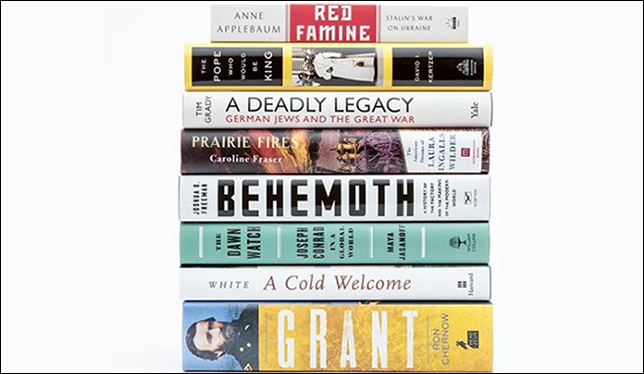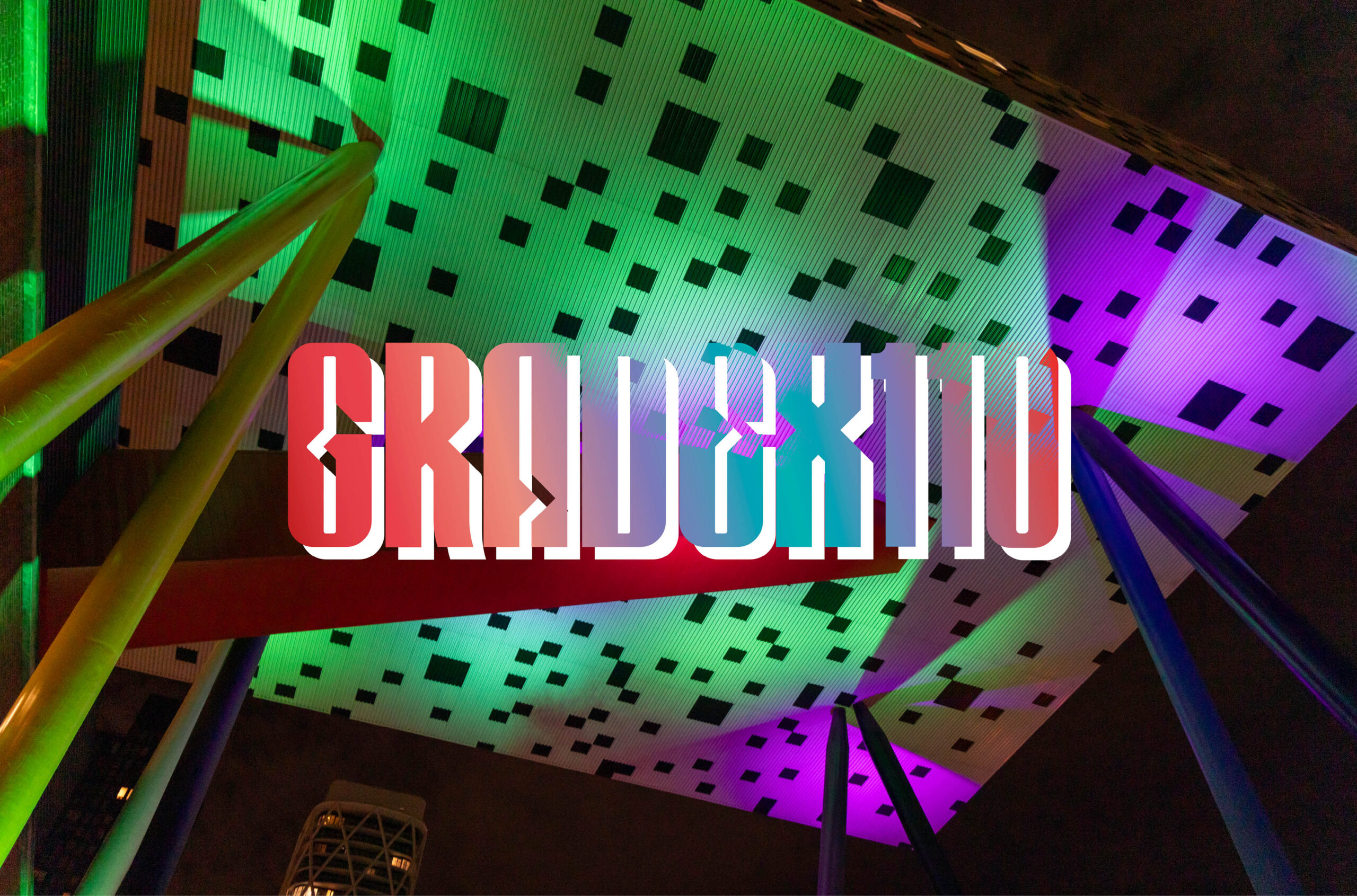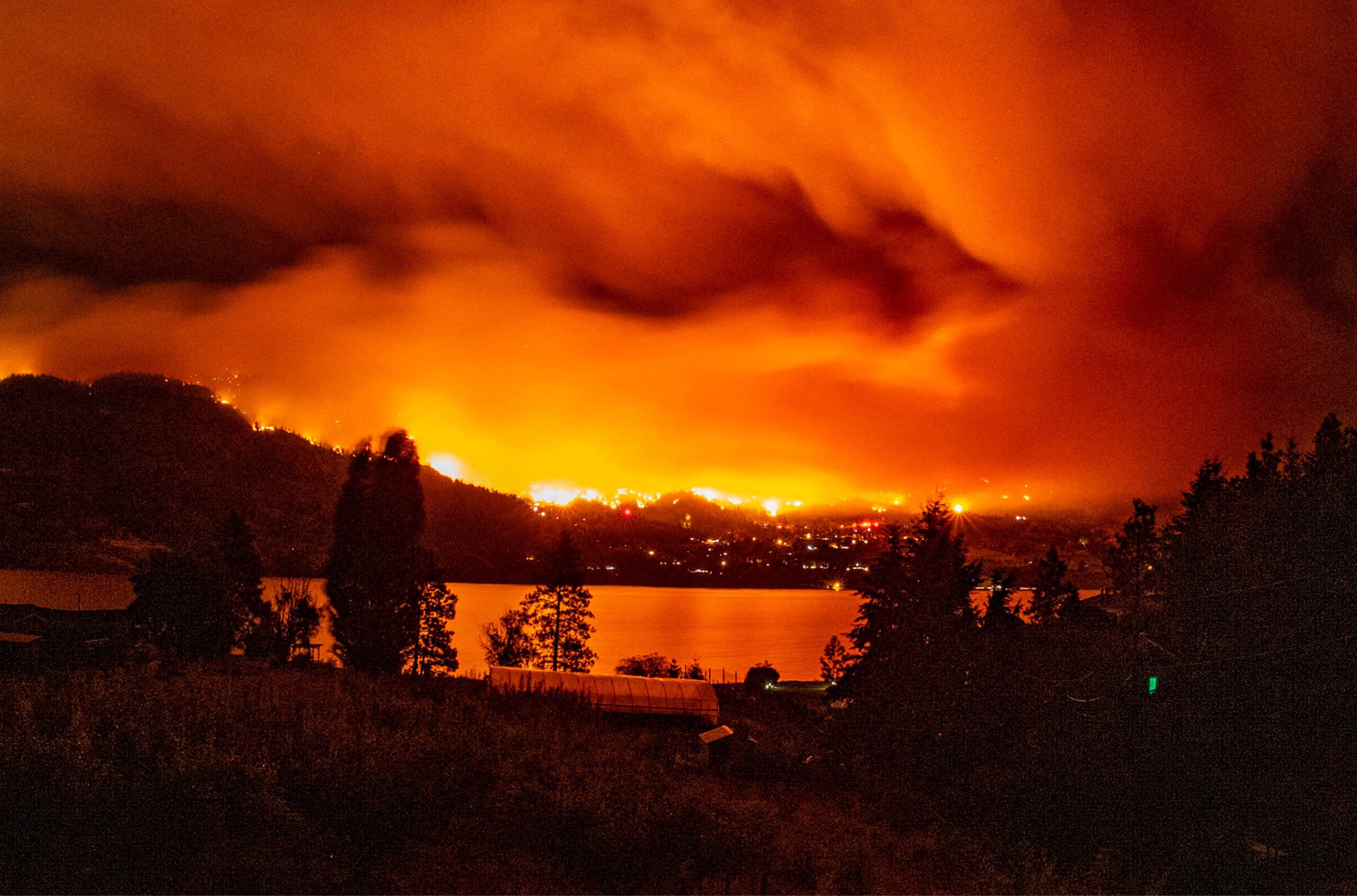McGill reveals shortlist for the Cundill History Prize
Eight writers from around the globe are vying for the richest prize awarded to history books in English.

It was a belief that well-written works of history provide us with the best foundation for a better informed public debate that led McGill University alumnus and philanthropist F. Peter Cundill to create the Cundill History prize. Founded in 2008, the annual prize is administered by McGill’s faculty of arts and now stands as the world’s largest prize for history books in English, offering $75,000 US (about $98,500 CDN) to one winner and $10,000 US ($13,100 CDN) each to two runners-up.
“Cundill [wanted to] champion and support this kind of writing, and bring it to an ever-growing audience,” said Antonia Maioni, dean of arts at McGill. “The books selected for this prize offer the highest quality historical research. They aim to shed fresh light on historical periods or events, and to find ways of helping us with today’s big questions.”
The accolade has recently undergone a revamp, complete with new branding and new additions to its advisory committee and jury. This year the jury is chaired by Mark Gilbert, a professor with the school of advanced international studies at Johns Hopkins University in Washington, D.C. The Cundill committee also sought out more submissions from overseas publishers. “The Cundill’s essence is to broaden, celebrate and encourage the reading of history, and we acknowledge that these histories must be international in perspective,” said Dr. Maioni. The prize has even upped its profile with more events both at home and abroad, including lectures and other events held on the McGill campus leading up to the announcement of the winner in November.The title has been held in past years by historians such as University of Oxford professor Diarmaid MacCulloch and Columbia University’s Susan Pedersen.
The 2018 Cundill shortlist, comprises books on topics ranging from climate change to the pope’s political power, a collection that demonstrates a “dedication to unravelling the past and making it come alive for a contemporary audience,” the jury said in a press release.
The three finalists were announced on Oct. 31 – they are highlighted below, along with the rest of the shortlist. The grand prizes will be awarded at a gala in Montreal on November 15.

- Ron Chernow, Grant
- FINALIST: Caroline Fraser, Prairie Fires: The American Dreams of Laura Ingalls Wilder
- Joshua B. Freeman, Behemoth: A History of the Factory and the Making of the Modern World
- David I. Kertzer, The Pope Who Would Be King
- FINALIST: Maya Jasanoff, The Dawn Watch: Joseph Conrad in a Global World
- Tim Grady, A Deadly Legacy: German Jews and the Great War
- Anne Applebaum, Red Famine: Stalin’s War on Ukraine
- FINALIST: Sam White, A Cold Welcome: The Little Ice Age and Europe’s Encounter with North America
UPDATE: Maya Jasanoff was announced as the grand prize winner at the gala on November 15.
Featured Jobs
- Canada Excellence Research Chair in Forest Biodiversity Conservation (Full Professor)University of New Brunswick
- Canadian Politics - Assistant ProfessorUniversity of Toronto
- Canada Excellence Research Chair in Energy TransitionsUniversité du Québec à Trois-Rivières (UQTR)
- Business – Lecturer or Assistant Professor, 2-year term (Strategic Management) McMaster University
- Education - Assistant Professor (Distance Education)University of Toronto













Post a comment
University Affairs moderates all comments according to the following guidelines. If approved, comments generally appear within one business day. We may republish particularly insightful remarks in our print edition or elsewhere.